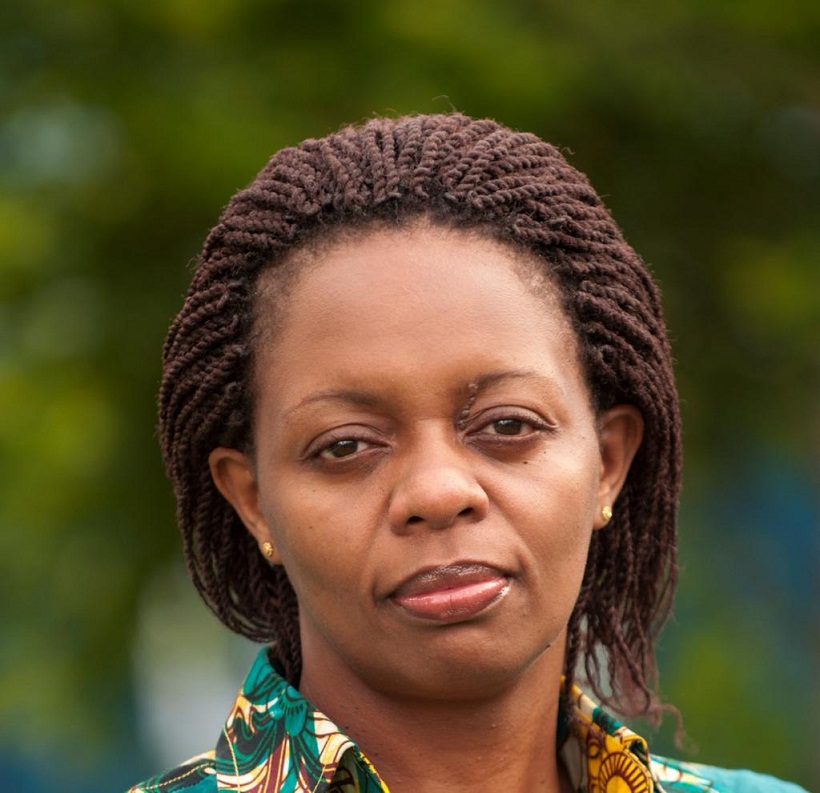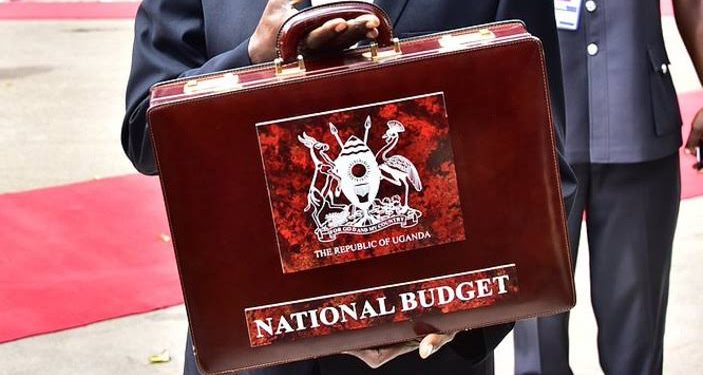By Patricia Munabi Babiiha
In the last few weeks, parliament of Uganda and other stakeholders have debated the financial year 2021/2022 budget proposals from the Ministry of Finance, Planning and Economic Development. One of the hot issues emerging from this year’s budget debate is that of proposed taxes by government in a bid to raise revenue domestically. A good chunk of debate airtime and print space has been devoted, for instance, to the increase in the tax for fuel. As this debate raged however, a matter of national importance in the budget that goes to the root of social service delivery and for us at the Forum for Women in Democracy (FOWODE), gender-sensitive budgeting seems to have been relegated to the backwaters of the ensuing debate. We are still alarmed at the reduction in the budget allocation for the social sector. Whereas, to give government the benefit of doubt, this is attributable to projected slowdown in the economy at 3.6 per cent, the reduced allocations to the education, health, social development, WASH (water, sanitation and hygiene) and JLOS ( Justice Law and Order Sector) is out of sync with the concept of gender-sensitive budgeting.
Allocation for the health sector, for instance, which accounts for 35.8 per cent of the human capital development in the 2021/2022 budget, will decline by 9.3 per cent (Shs2.781 trillion in 2020/2021 to Shs2.523 trillion in 2021/2022.
As an organisation whose vision is anchored in the pursuit of a Ugandan society where women and men equally participate in and benefit from decision-making processes in the public and private spaces, the Forum for Women in Democracy (FOWODE) takes exception to this development and applauds our colleagues in the civil society sector, CEHURD for standing up to be counted.
Cutting the budget allocation to the Health sector amid the Covid-19 pandemic is a reckless move by the government as it puts the lives of our mothers at risk, while also threatening to erode the gains we have made as a country in mitigating the devastating impacts of the virus.
The cut of funding to the health sector is an illustration of how the government is getting its priorities wrong in sectors that have an impact on the livelihoods and productivity of women. With funding to education and agriculture still below the bare minimum, it is clear that women are getting a raw deal.
Following the passing of the Public Finance and Management Act to provide for the Certificate of Gender and Equity, it was our hope that the government would stop paying lip service to matters of equity budgeting and follow it up with deliberate funding to uplift our women and girls.
At FOWODE, we have been a consistent player in advocating for Gender Equality and Equity in macroeconomic policy and budgeting because we strongly believe that equitable service delivery is an integral element of sustainable socio-economic development.
Our work on Gender Responsive Budgeting has been so influential that we were awarded by the Equal Opportunities Commission (EOC) for advocating for budgets that are as inclusive as possible.
Since 1998, we have also been strongly advocating for equitable distribution of resources between women and men, girls and boys because the development process should leave no one behind.
Sadly, by the look of things, we still have a long way to go if we are to achieve equity-responsive budgeting.
This week, as if to rub salt in the face of an already distressed society, the Ministry of Finance, Planning and Economic Development presented a budget addendum to parliament seeking a whopping Shs. 133 billion to buy luxury vehicles for MPs.
Granted, MPs, like other public servants, have to be facilitated to do their work but we must get our priorities right.
As a country, we cannot have our MPs gallivanting in high-end fuel guzzlers when our mothers, as President Museveni rightly told the National Resistance Movement (NRM) retreat in Kyankwanzi, are still labourers in the villages carrying water on their heads!
As a way forward, the budget has to be gender aggregated to clearly show funding of the unique demands of women and girls, especially in the sectors of health, education and agriculture.
From the analysis of the 2021-22 Budget Framework, it is clear that our budget is not gender-responsive enough to have a sustainable impact in the struggle for gender equity.
If there is to be significant success in the race to achieve the Sustainable Development Goals target, there must be deliberate and tailored interventions in the sectors of health, education and agriculture; areas that have significant impact on the realisation of women’s social and economic empowerment.

Patricia Munabi Babiiha is the Executive Director of Forum for Women in Democracy (FOWODE).









